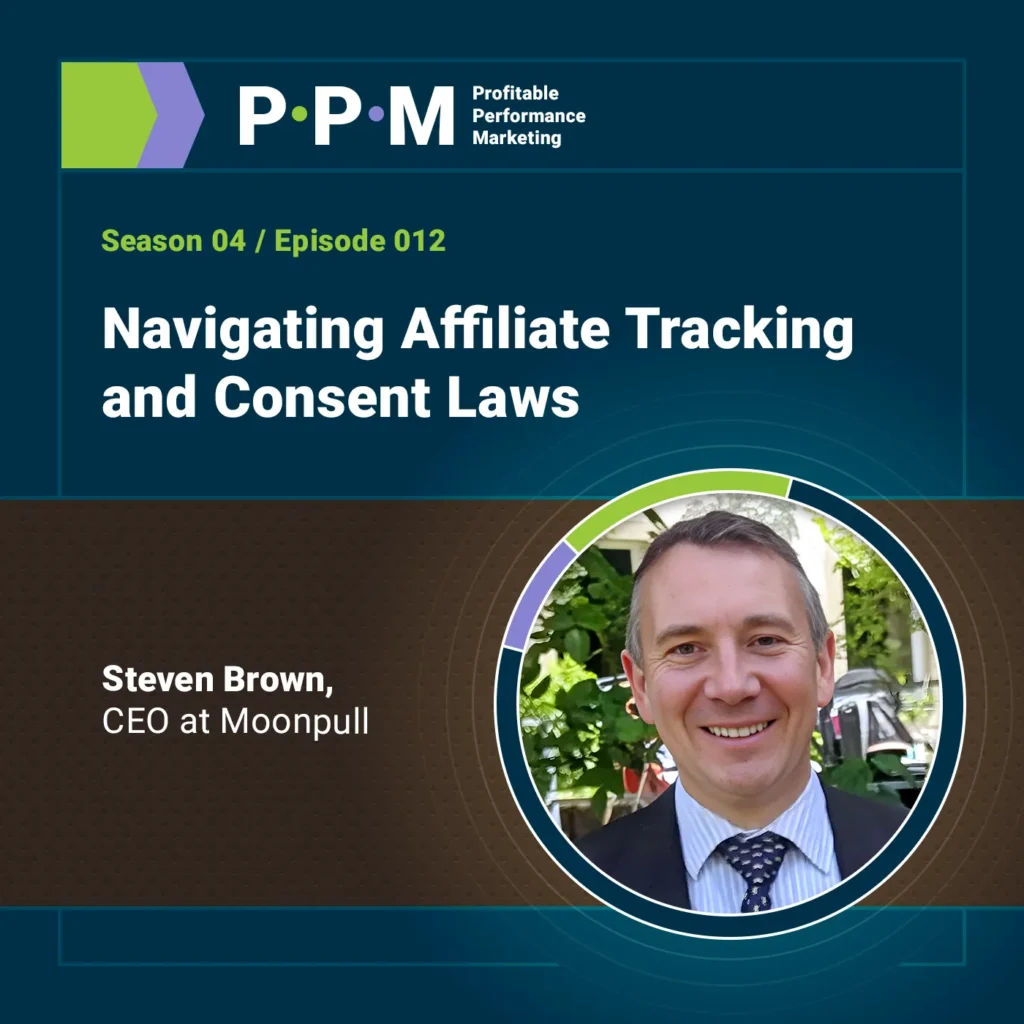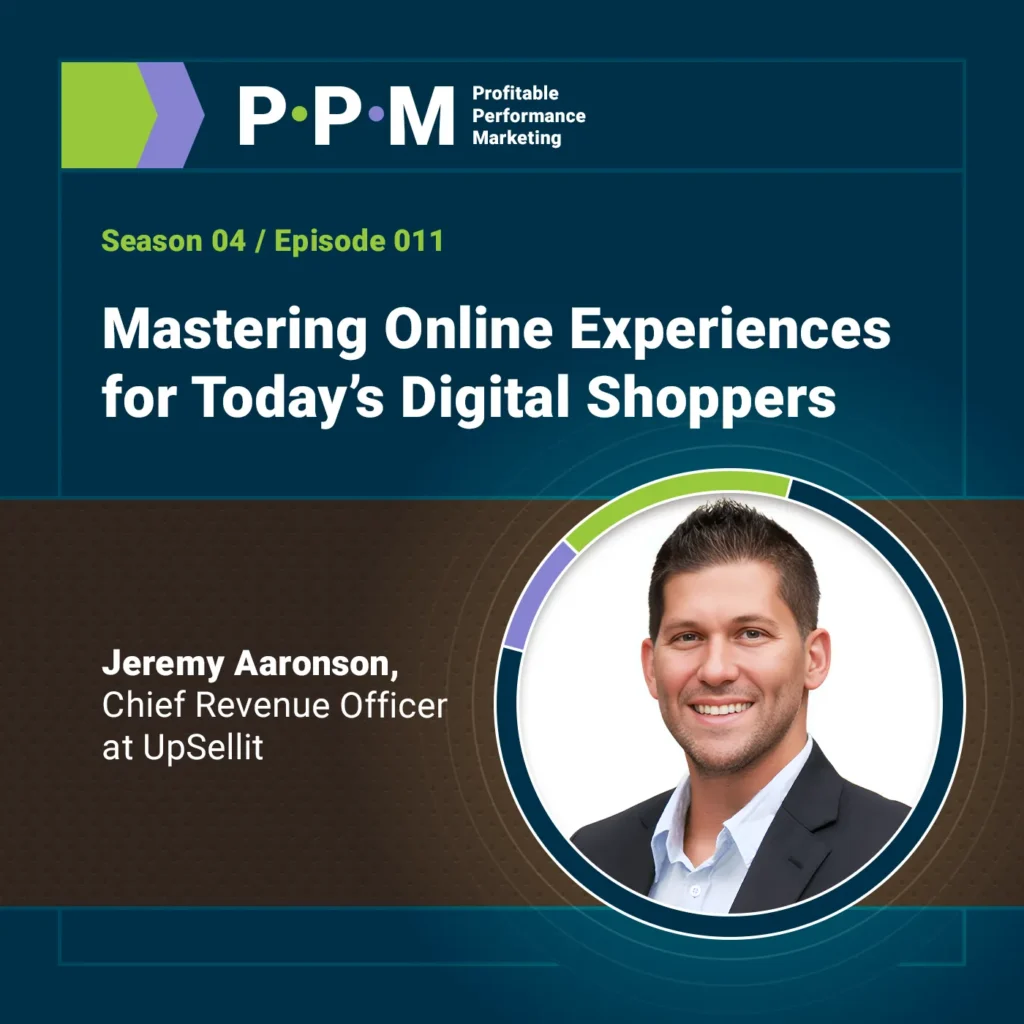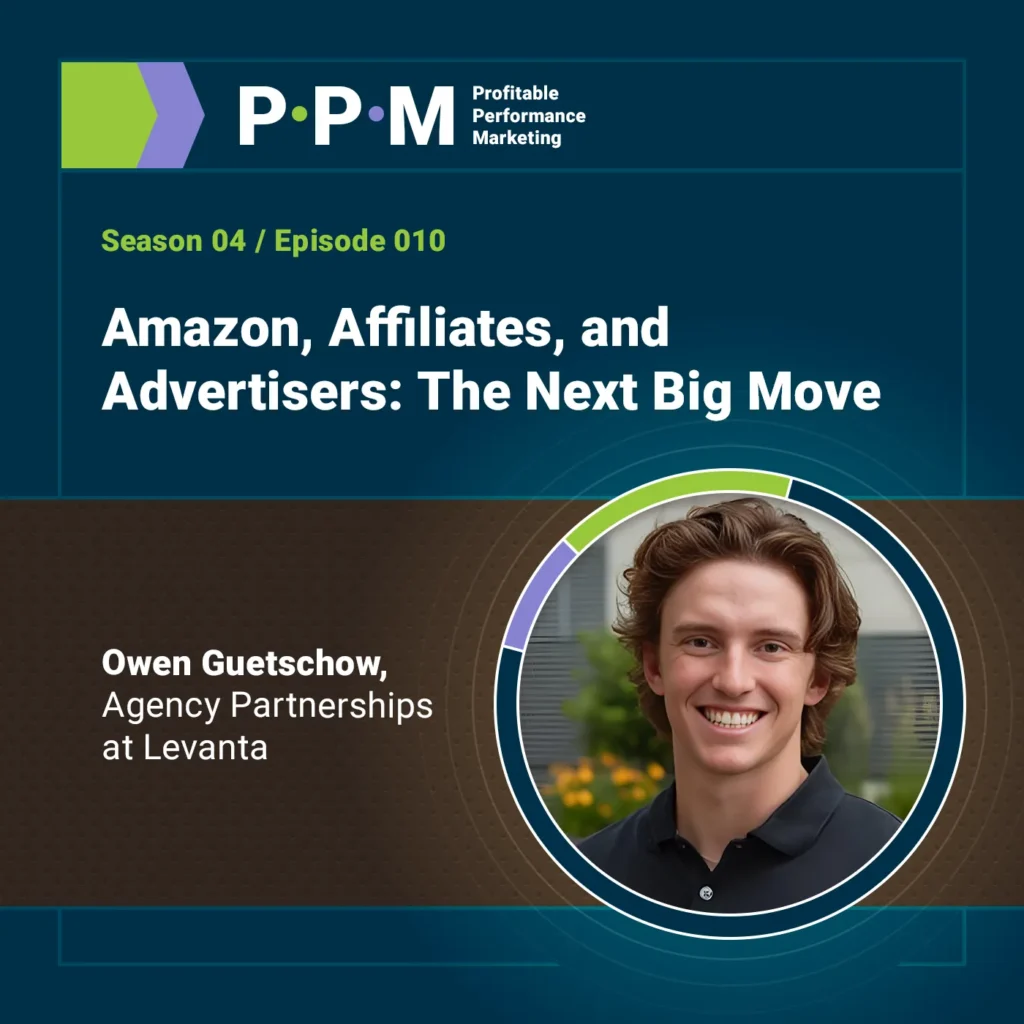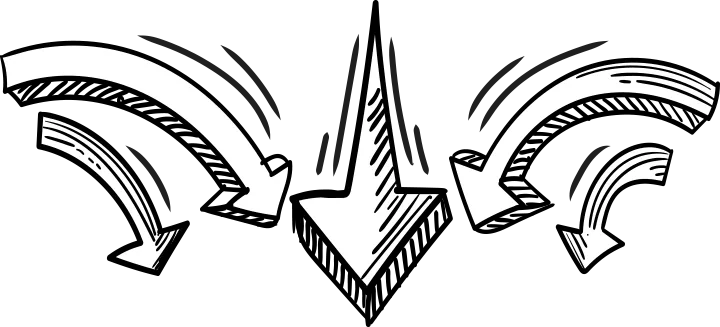Season 01 / Episode 014
Lisa Riolo – The Rise of Affiliate Brands, Future of Affiliate Marketing
Guest: Lisa Riolo - Co-Founder at Impact
Note: if you get only a 30 second preview, please log into your Spotify account, or find us on one of several other podcast services.
Summary
Lisa Riolo is a 20 year vet of the industry and Co-Founder of the affiliate technology Platform – Impact. We had a great conversation that spanned my adaptation to a co-working facility, how we are both navigating our current social climate, leadership lessons (hint hint – curiosity, empathy and potential are touchstones for her and performance marketing and where it is going.
We often don’t get the opportunity to thank individuals who played pivotal roles in our career, and today I do, so don’t miss that.
You definitely want to stay until the end as we talk about where the industry is going, the rise of affiliates really recognizing and flexing their power and our focus on the customer’s buyer journey and how that fits in with the future.
About Our Guest:
A veteran in the industry, Lisa has over 25 years of leadership and executive experience within organizations of all different sizes, including Bank of America, Peet’s Coffee and Tea, Commission Junction and Proven Performance Group.
She is the co-founder and vice president of strategic partnerships at Impact Radius, an affiliate-marketing platform that offers advanced marketing technology to agencies, media companies and affiliates. She also co-founded the Santa Barbara co-working space, Workzones, in 2012.
Lisa Riolo on the Web
Listen
Share
Notify
Top Tips
Sales is about mindset. Lisa mentions that she often hears people say they don’t enjoy “sales.” She explains that we are all in a way selling something – selling to, retaining or interfacing with customers. Lisa says to think of sales as helping someone make the decision that’s right for him or her. It’s not about your agenda, it’s about their agenda. You are simply giving them information so they can make the best decision possible. It’s all about educating people, and this runs across every vertical.
Reminder: Affiliates are brands, too. Lisa discusses her work to balance the affiliate marketing ecosystem. Her focus is on creating a partnership framework and methodology, while remaining respectful to the fact that Impact is a technology platform, not a network. She also reminds us that affiliates are their own brands, too. Lisa believes that the industry has let the pendulum swing too far towards the brands’ needs, rather than the affiliates or publishers. A platform should be an ecosystem that allows everybody to be able to partner successfully. This especially goes for those that have never participated in the performance space until now (like CNN, Buzzfeed, etc.). Publishers are true brands on their own and they should be viewed as equal.
The consumer experience needs to become the focus. Lisa drives home that a focus on the consumer experience is where everyone must head in this industry. Reflecting on how you market, the touch points in the path to purchase and how to put the consumer first is important. Lisa emphasizes that we must think about the touch points of engagement while a customer is trying to decide to buy or participate. Are you adding value directly to the customer when they are engaged with your company? As they transition throughout the journey, is there enough consistency to build a partnership? You want to be sure the consumer has demonstrated an intent to buy by the time they reach you. The consumer experience needs to make sense from the very beginning to post-conversion.
Highlights
Leading with curiosity and empathy is more important than ever.
“Curiosity is applicable to so many things… when somebody is asking more questions than relaying statements, you can tell they are coming from a place of curiosity. We must be open to the diversity of viewpoints, and find the overlap and where we share values with people. That’s how we can have a true conversation. The thread here is this is true in both life and the workplace – it’s the philosophy of partnering.”
Co-working spaces build and keep the feeling of community. Virtual meetings are often planned, not organic.
“Co-working is relevant for everyone. The concept of community involves not only physical space, but the energy that is created around that community. A good amount of community can be found virtually but virtual often means scheduled or planned, and is not the casual conversation found while standing in line for a coffee… Working from home is not ideal for some, and co-working allows people to ease into this transition.”
Quotes
[12:20] – “People are becoming used to the noises in the background (on calls) – whether it’s children, pets, or just day-to-day life. It’s become natural, because we are all doing it now and some elements actually lighten up the mood of these meetings.”
[28:24] – “When anyone asks me to be their mentor, I say yes, as long as they agree to be mine. Young people are like ‘wait, what are you talking about?’ But there are so many things I don’t know how to navigate or understand, that they do.”
[33:25] – “When people start thinking outside the box, there is normally a huge resistance to change. I received great advice from a peer at Impact who said, ‘Rather than convincing people to think in your box, you have to make your box bigger.’ Instead of trying to leapfrog situations, it’s important to expand on common ground.”
[55:12] – “There are challenges when you’re not considered a network. There’s some inconsistency with how everyone interacts because of the flexibility the technology provides. It can be challenging because sometimes people don’t know what to expect. A big driver of satisfaction is meeting expectations, so Impact is working to figure out how to use the technology to successfully partner with different agencies, customers and publishers.”





